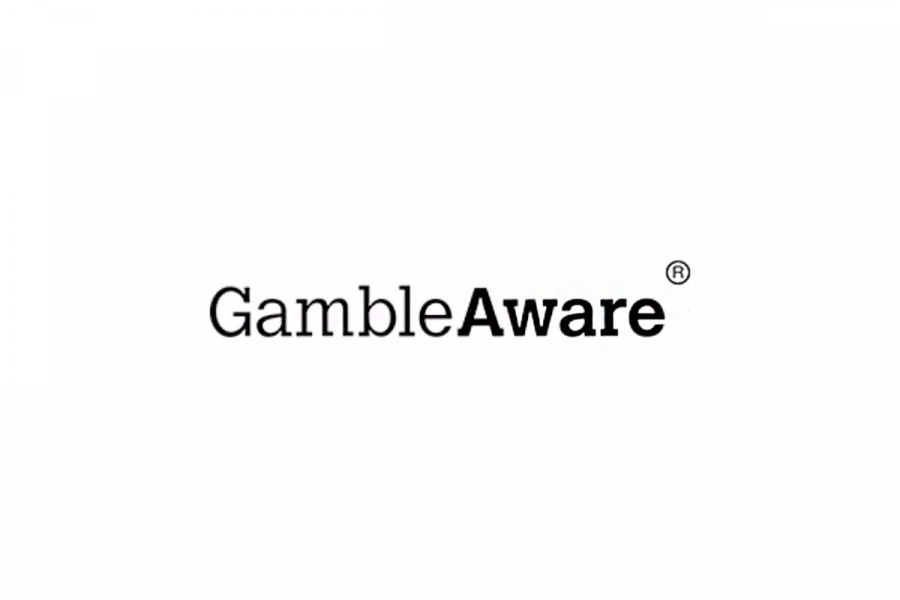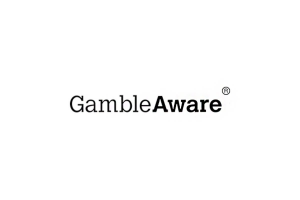GambleAware campaign aims to overcome stigma of gambling problems

The charity has launched a new advertising campaign in the UK.
UK.- The grant-making charity body GambleAware has launched a new ad campaign that aims to tackle the stigma often associated with gambling problems. The “Reach Out” campaign will advise that “75 per cent of people experiencing gambling problems feel they can’t open up to loved ones”.
Produced by Lucky Generals, which won GambleAware’s creative account in November, the campaign aims to create a high impact among wider audiences, to encourage open conversations about gambling problems and promote support-seeking behaviour. It’s being supported by groups such as Citizens Advice and public figures such as Dr Ellie Cannon and presenter Tyler West.
GambleAware chief executive Zoë Osmond said: “Gambling harms are hidden and complex in nature. For many people who experience gambling harm, feelings of shame and embarrassment can often mean they struggle to talk about the issue with loved ones.
“Gambling harms can affect anyone, which is why it is so important that we break down the stigma associated with it and encourage people to come forward and talk about gambling harm. It’s about time we put an end to stigma and open up the conversation about gambling.”
Dame Clare Moriarty, chief executive of Citizens Advice, said: “While gambling harms can affect anyone, people on lower incomes and people living in more deprived communities are disproportionately at risk. That’s why we’re working with GambleAware to help reduce the stigma of gambling and support people and communities with the greatest need.”
GambleAware to research gambling stigmas
Last month, GambleAware has awarded £350,000 to the National Centre for Social Research (NatCen) and the University of Wolverhampton for research into how stigma and discrimination impact people affected by gambling harms.
The two institutions will conduct a study into how people with gambling addictions are stigmatised and discriminated against in society by stakeholders such as healthcare providers, charities, communities and families, the media and the gambling industry itself. They will seek to determine which communities are most affected by stigmatisation, and why.
Meanwhile, GambleAware has rebranded its National Gambling Treatment Service (NGTS). The service will be renamed as the National Gambling Support Network (NGSN).
The charity has also announced that it will double funding for the service, which will add elements to its service, including a regional-first approach and a focus on early intervention and enhanced referral routes. The existing support service and provision of resources for people suffering from gambling harm will continue. GamCare will continue to run the UK’s National Gambling Helpline, which it has operated for 25 years.










